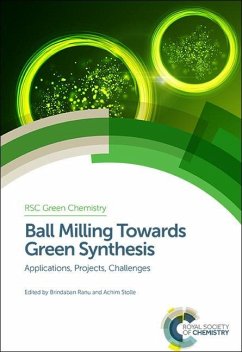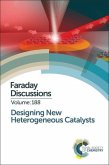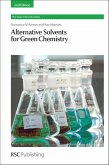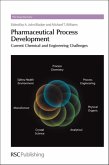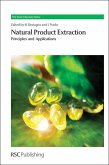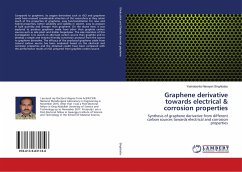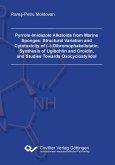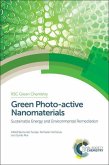Ball milling has emerged as a powerful tool over the past few years for effecting chemical reactions by mechanical energy. Allowing a variety of reactions to occur at ambient temperatures and in solvent-free conditions, ball milling presents a greener route for many chemical processes. Compared to the use of microwave and ultrasound as energy sources for chemical reactions, ball milling is not as familiar to chemists and yet it holds great potential. This book will introduce practicing chemists to the technique and will highlight its importance for green transformations. Current applications of ball milling will be covered in detail as well as its origin, recent developments and future scope, challenges and prospects. Chemical transformations covered include carbon-carbon and carbon-heteroatom bond formation, oxidation by solid oxidants, asymmetric organo-catalytic reactions, dehydrogenative coupling, peptide syntheses and polymeric material syntheses. The book will provide a valuable guide for organic, inorganic and organometallic chemists, material scientists, polymer scientists, reaction engineers and postgraduate students in chemistry.

